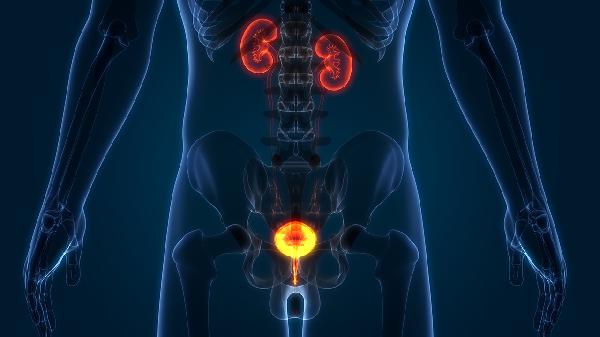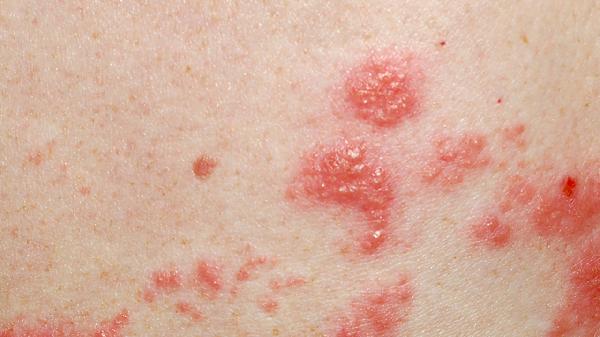Selenium, a vital trace element, plays a crucial role in male reproductive health. It is found in various tissues and body fluids, with the highest concentrations in the kidneys, liver, testes, heart muscle, intestines, lungs, brain, and muscles. Notably, 25% to 40% of selenium is concentrated in the male reproductive system. This essential nutrient is required for the proper functioning of many cells, including reproductive cells, making it indispensable for male fertility and overall health.
The Link Between Selenium and Male Health
Research has shown that harmful factors, both internal and external, can damage male sperm through oxidative stress, thereby reducing fertility potential. Selenium enhances the activity of glutathione peroxidase, a powerful antioxidant enzyme, which helps protect male reproductive health by neutralizing oxidative damage.
Boosting Sperm Vitality and Sexual Function
Selenium is a key component of glutathione peroxidase, which not only combats oxidative stress but also enhances sperm vitality and sexual function. It is essential for early embryonic development, earning it the nickname "gold in the male body."
Protecting Against Heavy Metal Toxicity
Selenium acts as a natural detoxifier for heavy metals such as mercury, lead, and arsenic. It neutralizes their toxic effects on sperm, preventing their absorption and facilitating their excretion. This protective mechanism helps maintain the normal structure and function of sperm cells.
Reducing Reproductive System Infections
Selenium activates the body's immune system, improving its ability to fight infections in the reproductive system. It also enhances the oxygen-carrying capacity of red blood cells, ensuring that the brain receives adequate oxygen. This contributes to better mental and physical stamina in men.
Men at Higher Risk of Selenium Deficiency
Certain groups of men are more susceptible to selenium deficiency, which can lead to increased oxidative stress and damage to the reproductive system and testes.
Living in Low-Selenium Regions
Most regions in American have low selenium levels in their natural environment, resulting in low selenium content in local crops and plants. Since the human body cannot synthesize selenium, this deficiency can pose a significant threat to male reproductive health.
Heavy Smokers and Drinkers
Cigarettes contain cadmium, a carcinogen that interferes with selenium absorption and accelerates its metabolism. Similarly, excessive alcohol consumption speeds up selenium metabolism, leading to a deficiency that leaves the body vulnerable to toxins and infections.
Men with Infertility Issues
Selenium is a critical component of enzymes involved in sperm production and metabolism. Deficiency can impair sperm quality and hinder testicular development. Supplementing selenium in men with low fertility has been shown to improve sperm quality and enhance reproductive potential.
Adult Men Under Stress
Adult men, often burdened with significant physical and mental stress, irregular lifestyles, and declining immune function, have an increased demand for selenium. This makes them more prone to relative selenium deficiency.
Scientific Ways to Supplement Selenium
For men with selenium deficiency, appropriate supplementation can be beneficial. The most effective approach is to obtain selenium from natural sources and a balanced diet.
Selenium-Rich Foods
Foods such as brewer's yeast, wheat germ, garlic, asparagus, mushrooms, sesame seeds, and seafood like shrimp, tuna, and sardines are excellent sources of selenium. Additionally, black rice, black beans, and certain plants like astragalus, sedge, aster, saltbush, and alfalfa are known for their ability to accumulate selenium.
Caution Against Over-Supplementation
While selenium is essential, excessive intake can be counterproductive and even harmful. The recommended daily intake for adult men is 70 micrograms. According to the 1998 revision by the American Nutrition Society, the safe range for selenium intake is 30 to 440 micrograms, with levels exceeding 440 micrograms potentially leading to toxicity. Men planning to father children or those with fertility issues should aim to obtain selenium from food sources or consult a healthcare professional for guidance on selenium supplementation.
By understanding the importance of selenium and adopting a balanced approach to its intake, men can significantly enhance their reproductive health and overall well-being.
























